 Operating a business in Hawaiʻi involves many liability risks, including high-volume tourist seasons, unpredictable weather, and supply chain interruptions. While liabilities can be unavoidable, a strong risk management plan can prevent them from becoming more costly than they need to be. Risk transfer strategies are an essential part of these plans, allowing businesses to bounce back from liabilities without suffering major losses.
Operating a business in Hawaiʻi involves many liability risks, including high-volume tourist seasons, unpredictable weather, and supply chain interruptions. While liabilities can be unavoidable, a strong risk management plan can prevent them from becoming more costly than they need to be. Risk transfer strategies are an essential part of these plans, allowing businesses to bounce back from liabilities without suffering major losses.
This article details how business owners can use risk transfer strategies to deal with risk and insurance planning in Hawaiʻi. By shifting their risk to a third party through risk transfer insurance, business owners can safeguard their operations from liability while increasing operational stability, no matter the situation.
What are Risk Transfer Strategies?
Risk transfer is a fundamental aspect of risk mitigation in modern business. It allows businesses to enter into an agreement to shift the liability for covered events to another party. In Hawaiʻi, industry-specific and environment-specific exposures often warrant robust risk transfer strategies.
Risk transfer differs from risk retention, in which a business takes on the responsibility for certain risks rather than paying for coverage. Businesses might do this if the risk and insurance costs are relatively low for their operations. Risk transfer should also not be confused with risk shifting, which refers to a less legally binding process where the outcomes of liabilities can be negotiated.
Common Risk Transfer Strategies for Business Owners
There are four main ways that business owners can transfer risk.
1. Commercial Insurance Policies
The most common form of risk transfer is a commercial insurance policy that covers businesses against financial losses from covered events. Common risk transfer insurance policies include:
- General Liability Insurance covers businesses against injuries, property damage, and theft related to normal operations.
- Property Insurance covers buildings, inventory, equipment, and other assets from theft or damage, not including normal wear and tear.
- Workers’ Compensation Insurance covers the costs of employee injuries, including lost wages, disability insurance, medical expenses, and legal fees.
- Business Interruption Insurance replaces the business’s lost income due to unexpected closures resulting from covered events, such as weather changes.
2. Contractual Risk Transfer
Another common risk transfer strategy is known as a contractual risk transfer, including indemnification clauses. These clauses require contractors or service vendors to cover any damages or liabilities they cause. These can be useful in covering specific tasks, but they cannot cover the risk and insurance needs for their daily operations.
3. Outsourcing High-Risk Activities
Outsourcing high-risk activities allows businesses to transfer the liability for dangerous tasks to a more experienced party. For example, businesses often hire contractors to handle construction jobs, sparing their internal teams from risk and insurance responsibility.
4. Captive Insurance Options
Captive insurance can be a cost-effective solution for larger businesses seeking greater control over their risk exposure and insurance costs. Unlike traditional insurance, where businesses rely on third-party carriers, a captive insurer is owned and operated by the business itself; offering more customization, potential cost savings, and direct oversight.
What is the risk transfer approach?
Risk transfer is a proactive risk management strategy to reduce the business’s exposure to operational and financial losses. Through risk transfer, businesses can reassign risks to third parties, improving their financial resilience and preventing disruptions.
By using commercial insurance policies such as general liability or property insurance as a risk transfer strategy, businesses can maintain operational continuity even with unforeseen risks. Indemnification clauses and contract agreements can accomplish the same goal by compensating businesses for losses.
However, a more effective risk management strategy requires a relationship with an insurance provider that knows the risk and insurance needs of the business and is willing to create distinct policies to meet them.
When to Review or Adjust Risk Transfer Strategies
Risk management is not a universal solution to operational issues. Protecting a business from unforeseen threats is an ongoing process requiring strategic reassessments. Many businesses struggle to know the best time for reassessment, but these four events should alert management that it’s time to adjust risk and insurance strategies to account for new needs:
 Operations expand, such as after purchasing a new location or launching new services
Operations expand, such as after purchasing a new location or launching new services- Purchase of new property, equipment, and other assets
- Claims activity changes due to local regulatory changes or new clientele
- Existing contracts are renewed or renegotiated
These events can signal the time for an annual policy review to assess the organization’s new risk and insurance profile. A qualified insurance advisor can examine how new services, properties, or claims will impact the business’s risk level. They can recommend management strategies that account for their new needs.
Partner with Atlas Insurance to Safeguard Business Operations through Risk Transfers
At Atlas Insurance, our experienced team builds on over 95 years of experience helping Hawaiʻi’s business owners safeguard their operations. Risk transfer strategies should include robust insurance coverage that addresses the distinct risk and insurance assessments of the business, as well as its long-term goals.
Contact our team today to learn how versatile risk transfer policies help businesses improve their operations and reduce risks.
